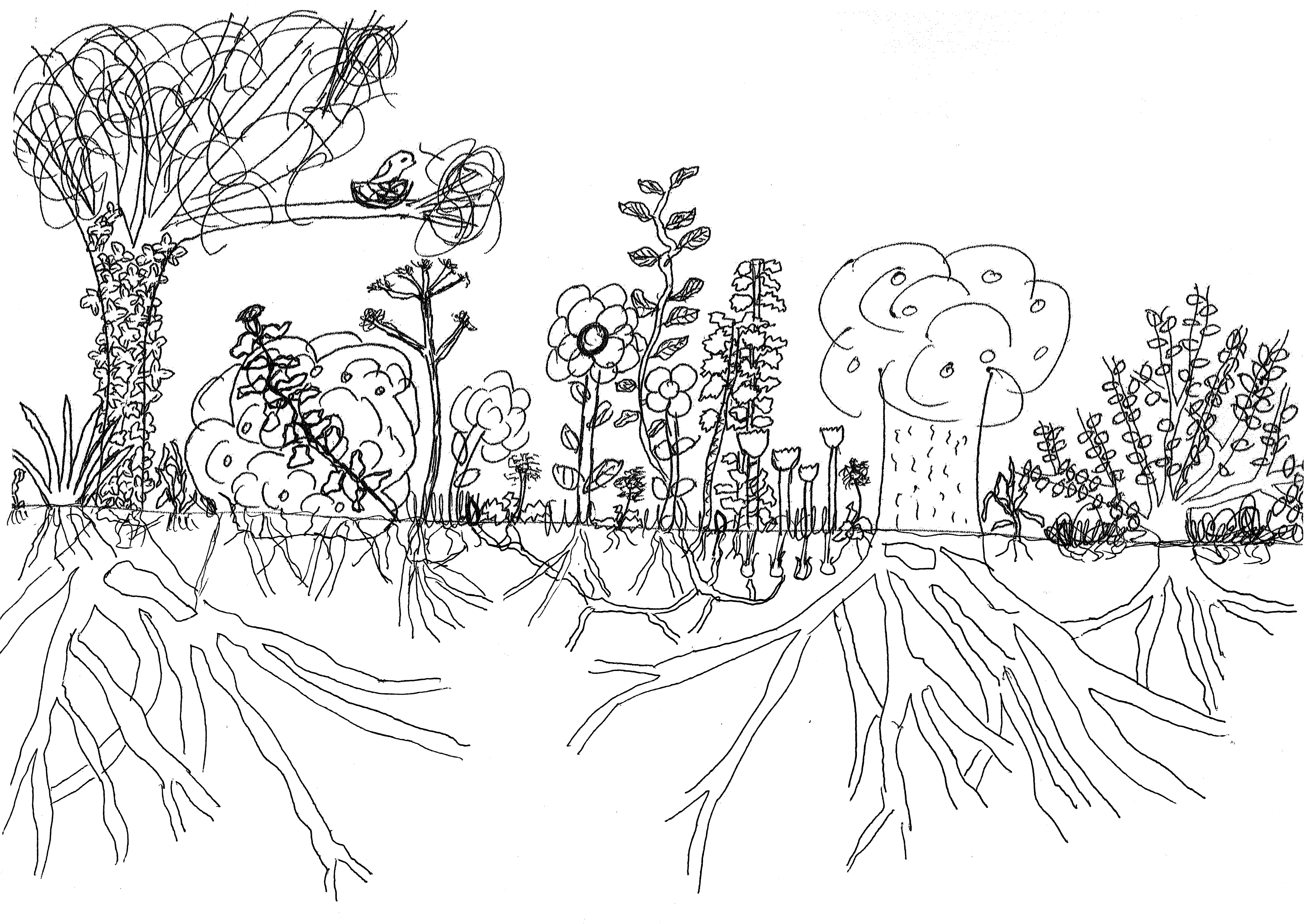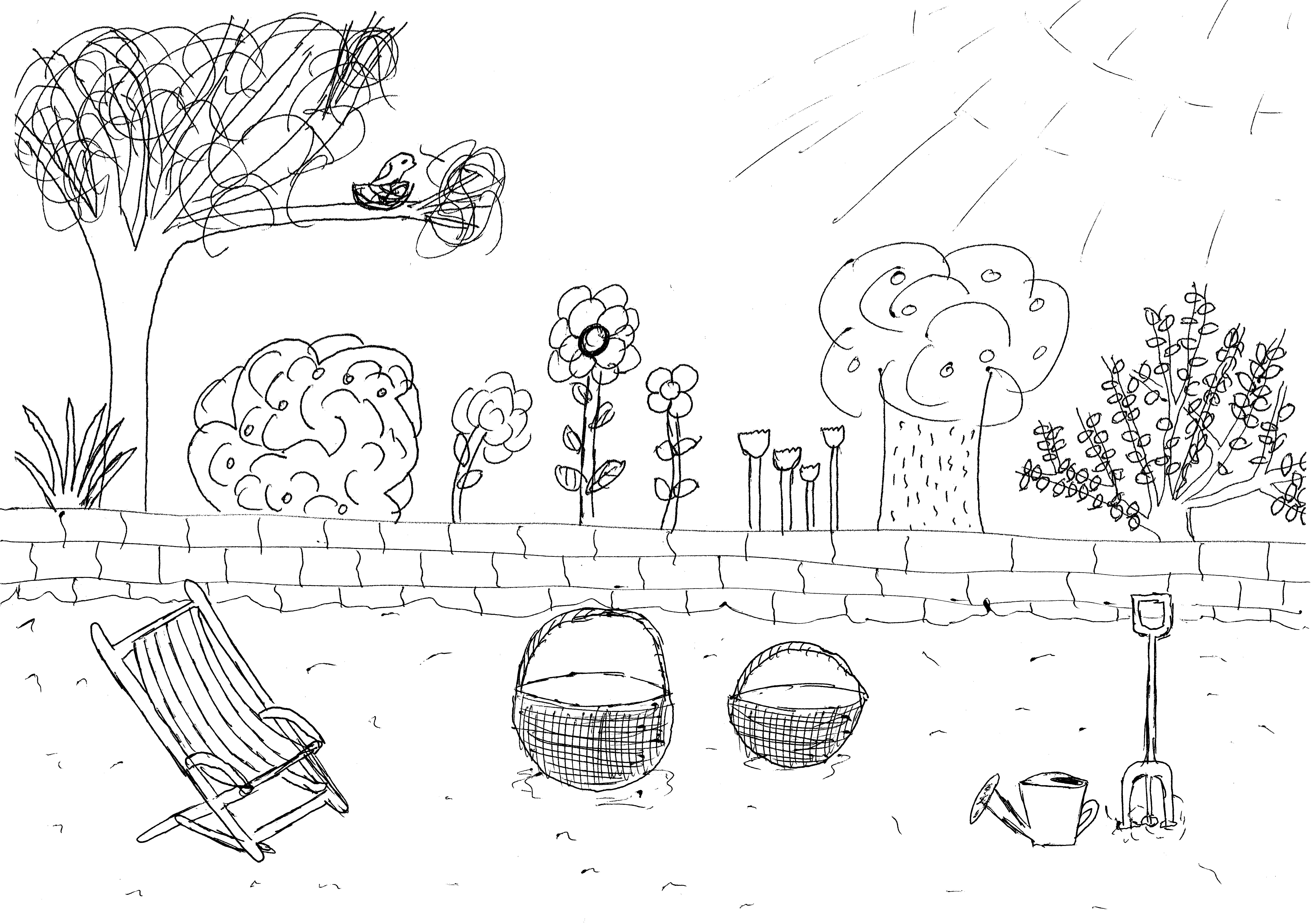Reflective melancholy.
That phrase seems to describe, for me, these dark days of late December and early January. I had an Epiphany, of sorts, some years ago, when I learned that (for reasons I can’t pretend to understand), the mornings of this time of year still get darker, despite us being through the Winter Solstice.
Cold mornings, quick days, long nights.
They add to my sense of time slipping away too fast and too soon, as I stop to wonder:
Where on earth did Christmas hide amidst the frenzy of Advent consumption?
Did I make the most of precious moments of rest and friendship and joy?
When did the children get so big?
Speaking of Epiphany: Epiphany dawns on the horizon of these darkest of days like a blazing sunrise. Shimmering, waiting, full of hope yet to birth. Just wait – we’ll get there.
For some years now, I have resisted making New Year resolutions. I find them a chore (‘they’re meant to be a chore’, you say). They are the annual reminder that I am not enough as I am. That how I have lived is a failure. ‘Could do better’, says January 1st.
So now I don’t listen to that voice, and I don’t make resolutions.
Instead, these dark days become a time of self-reflection.
Of prayer.
Of growing in awareness and trust.
I am always exhausted after Christmas. This year more so than others. And into the foggy half-baked new year musings of ‘What could have been?’ ‘What will be?’ come these ancient words:
Arise, shine; for your light has come,
Isaiah 60:1-6
and the glory of the Lord has risen upon you.
For darkness shall cover the earth,
and thick darkness the peoples;
but the Lord will arise upon you,
and his glory will appear over you.
Nations shall come to your light,
and kings to the brightness of your dawn.
Lift up your eyes and look around;
they all gather together, they come to you;
your sons shall come from far away,
and your daughters shall be carried on their nurses’ arms.
Then you shall see and be radiant;
your heart shall thrill and rejoice,
because the abundance of the sea shall be brought to you,
the wealth of the nations shall come to you.
A multitude of camels shall cover you,
the young camels of Midian and Ephah;
all those from Sheba shall come.
They shall bring gold and frankincense,
and shall proclaim the praise of the Lord.
Arise.
Shine.
My Spiritual Director is very skilled in reminding me – often – that action is rarely needed. What matters is awareness and presence.
Awareness and presence.
Being, not doing.
For some years I’ve been able to cast aside any obligation to make resolutions at this time of year. But this year was the first time I made the link with Epiphany.
The very word Epiphany means revelation.
A group of travellers met a foreign baby and declared him to be worthy of homage and worship and lavish gifts packed with meaning that has tumbled down the centuries ever since.
In that moment of revelation, they were present. They were aware.
A week ago I was burned out. I had been running on empty for far too long. Once we had celebrated Holy Communion on Christmas Day, I barely left the house for well over a week. It was enough just to be.
And my act of defiance from this place of exhaustion was to scrap the obligations. I threw out any plans of dieting and exercising. I tore up my “to do” lists. I turned off my email sync. I spend long days in pyjamas and ate leftovers and quick food.
And I became present, and aware of life happening around me.
It is hard for those of us who pack life full of activity to stop like this. It forces us to face the things we’d rather run from. We have to notice the uncomfortable, the painful, the shameful. These things flood in and threaten to drown us as the froth of everyday activity ebbs away.
Epiphany is not always joyous. At least, not at first.
But as I learned to still myself, to deepen my presence and awareness, a new rhythm emerged. A rhythm rooted in a deep rest. My mind started to clear. New shoots of energy began to spring up. But slowly, slowly…
Winter is not death, but gestation. As life lies deep below us underground, even now storing up the energy for spring’s explosive birth, so new life lies deep within us too.
New Year’s resolutions might work for you.
For me, they obstruct the deeper work of noticing. Of just… being.
Just as the magi travelled steadily, faithfully, determinedly, it is enough, too, for us to simply keep going. To make no big changes. To strip away the froth of ambition. And to know that we, alone, are enough.
Arise, shine, for your light has come!
…Lift up your eyes and look around…
…Then you shall see and be radiant;
your heart shall thrill and rejoice,
We are people of the light, and light deepens our awareness.
May this knowledge, this awareness, be ours this Epiphany, and this year.



